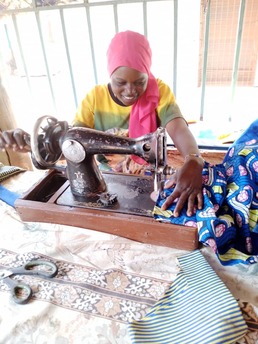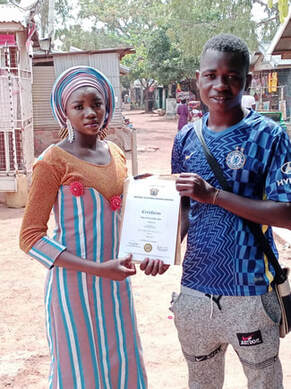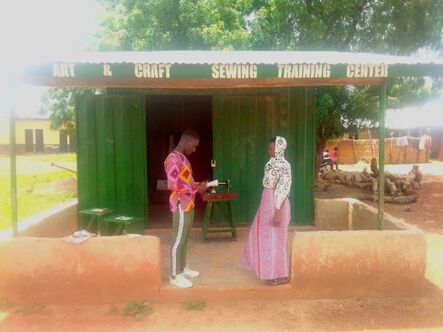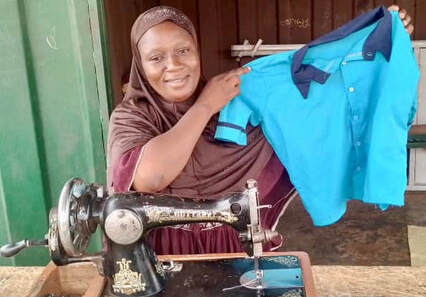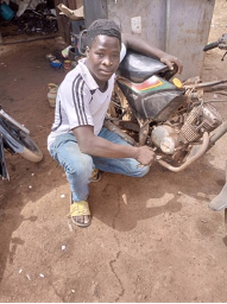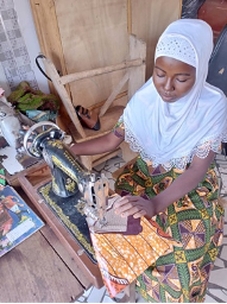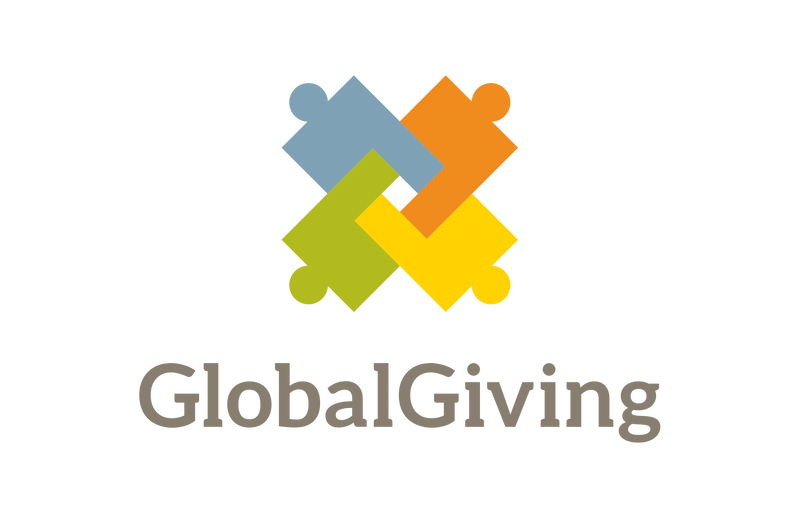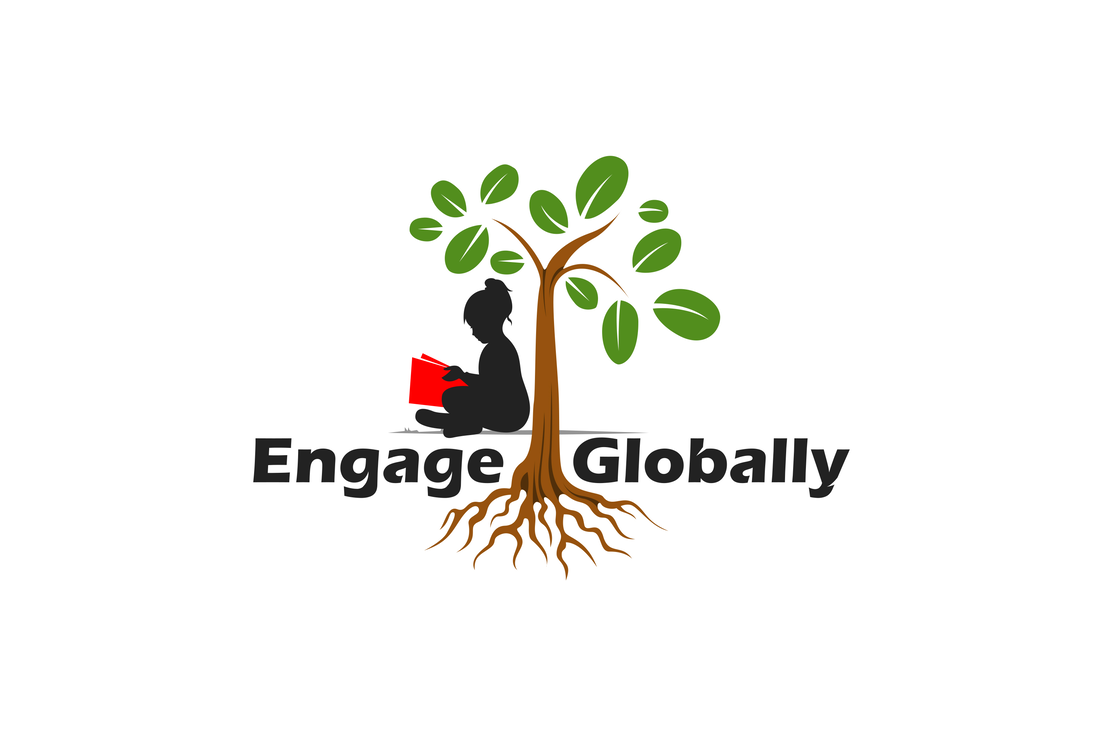our why
|
Many young adults in rural regions are not able to participate in formal schooling. Meanwhile, nearly all the adults in our partner communities work as subsistence farmers earning no cash incomes. They are farming under increasingly difficult conditions as soil degrades, temperatures rise, and rainfall decreases and becomes less predictable.
This lack of economic opportunities has led many young people to migrate to the urban south in search of work and incomes they can use to support their families. Tragically, there are many serious challenges in these urban settings, and there are high risks of violence and trafficking. Our partners designed the vocational training and small business development program to create economic opportunities in the villages and to motivate youth to remain in their communities. |
vocational training
|
In our vocational training program, over 40 trainees learn a variety of job skills including: sewing, cloth dyeing, hair design, woodworking, motorcycle repair, and construction.
Each trainee is matched with a business that agrees to train them for two years. Learning progress is assessed through interviews of both the trainee and the local business owner. Additionally, families and trainees meet with the project coordinator to ensure that everyone is committed to and benefitting from the program. Engage Globally provides training fees and required supplies such as tools for each trade. In some cases, we also provide funding for transportation and a food stipend. Contributing to Engage Globally's larger focus on gender equity, two-thirds of the trainees are young women. Rukia, pictured here, is shown graduating from her regional weaving program, wearing a dress that she designed and sewed for the ceremony. She is standing with Fatawu, a graduate of our youth education program and now the lead teacher at the Kulaa community learning center. |
small business growth
|
When trainees graduate, they are typically hired by the businesses where they have trained. However, some graduates want to open their own small businesses in their home communities. Engage Globally supports business creation by funding land purchase or rental, construction of a business facility, and provision of tools, such as sewing machines. Pictured on the left is a seamstress business opened by three program graduates. This sewing center was one of the first formal woman owned businesses in our partner communities.
Today, the shop co-owners are training new vocational students. Other graduates have opened their own businesses in bicycle repair, hair design, and wood working. Many of the businesses we support help to preserve traditional cultural practices such as weaving and smock design. |
intersectionality of our work
|
Vocational graduates support our other programs in a variety of ways. For example, Madam Sumaya (pictured left), a graduate of our first vocational class, now manages a shop that sews uniforms for our community learning centers. Bicycles, which are used by students in our youth education program, are maintained and repaired by a vocational graduate who has opened his own local shop. A wood working trainee constructs all of our school desks. Other graduates help with school construction as well as new trainee placement and mentoring. When possible, we also contract with local businesses that train these vocational students. For example, a local business that trains participants in metalworking helps to construct new small businesses. |

